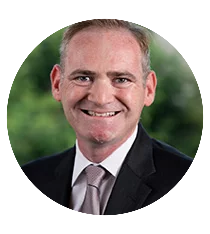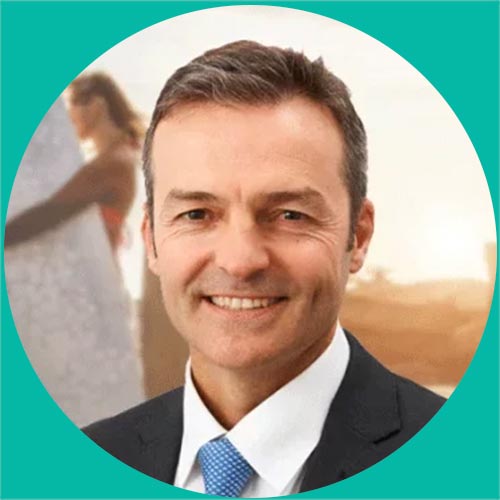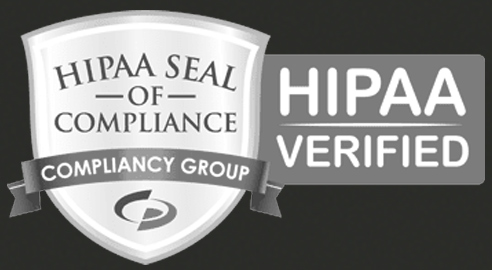
Pricing vision correction surgery: Differentiating between cost, price and value
Confused as to why some of your competitors can sell vision correction surgery at considerably higher prices? Differentiating between the following terms allows them to do so:
- Cost is the amount you spend to produce your product or service.
- Price is the amount you charge for providing your product or service.
- Value is the amount your customer believes the product or service is worth.
Knowing the difference can increase your profitability
Imagine that the cost for a doctor to deliver one of their treatments to one of his patients is £100 for supplies and an hour’s labour at £200. However, the value of the service to your client – that may have a dramatic effect on their quality of life – is far greater than the £300 cost, so the doctor may decide to charge a price of £500.
As the above example illustrates, your price should be in line with the benefits that you provide your clients, while bearing in mind what your competitor’s pricing strategy is.
Your price should be in line with the benefits that you provide your clients
Benefits = value / price
To maximise your profitability, find out:
What benefits your clients gain from using your product or service. In vision correction surgery, these benefits may appear somewhat intangible. Due to their regulation, buying vision correction surgery is a bit like flying in an aeroplane. It’s very likely that the quality of the service has been vetted to the extent that you can safely expect to travel from point A to point B in one piece. So what can one do to avoid the commoditisation that drags prices down to rock bottom levels, as it does in the airline industry?
One answer is added value. You can’t avoid noticing the number of no-frills options arising in this space, leaving ample opportunity for competitors that provide added value to their services in an effort to avoid profit erosion. Benefits can be considered the outcome of value over price. Increase the value, and the benefits will also increase, as in the following example:
Before: Value (100) / Price (£10) = Benefits (10)
After: Value (300) / price (£20) = Benefits (15)
But it isn’t easy. As you can see from the example above, if you want to double your price, you must triple your value.
The criteria your clients use for buying decisions. Most of the time, your prospective clients do not have the knowledge to judge your expertise and experience, or the quality of your facilities, your instruments or your supplies. Therefore, prospective clients usually ask “how much is it?” when they are aiming to evaluate less tangible factors.
Pricing can be a considerable criterion in buying decisions, but it isn’t the most important one. Rather, it is a metric on which to base further assumptions, about things that are considerably more important to them. What does your price say about your service? Does it say superior or inferior quality? Does it demonstrate clarity or complexity? Does it communicate honesty or artifice? Does it shout cutting corners, or sparing no expense? This is often known as the price = quality relationship.
Premium pricing, in fact, is a pricing strategy that is intended to exploit the (not necessarily justifiable) tendency for buyers to assume that expensive items enjoy an exceptional reputation or represent exceptional quality and distinction.
The value your clients place on receiving the benefits you provide. How does one, for instance, put a value on better health, increased mobility, better eyesight, improved appearance, or rejuvenation of confidence? For example, why is the average price (and therefore perceived benefit) of laser eye surgery in the UK estimated to be £3000? Who arrived at this figure? And how? Why do some practices in this marketplace charge approximately £1500 on either side of this average (£1500 to £5000)? Is there a limit to variability?
Wherever possible, set prices that reflect the value you provide – not just the cost.
(NOTE: Want to see how your practice marketing measures up against the best in class? Take this 5-minute quiz to see how you stack up in the 9 areas of practice marketing and get specific tips and advice on how you can improve your weak points and better leverage your strengths).
What the market will bear? Or, what clients are willing to pay?
Understandably, many vision correction surgery practitioners consider pricing to be an emotional or an ethical issue.
Because one’s price is a sign of one’s value, the lines between self-concept and business reality can become unnecessarily blurred. This is one reason we advocate having the person that delivers the service not be the same person setting the prices.
From an ethical perspective, this excerpt from Dr. Chris Mc Donald’s website businessethics.net clearly explains the distinction between charging “what the market will bear” versus “what clients are willing to pay”:
Charge what the market will bear. A business wisdom that comes from Greek and Roman times. There are numerous problems associated with charging what the market will bear. Such businesses are marked by arbitrary pricing and uneven handling of customers. Nevertheless this practice sometimes finds legitimacy in customary ethics.
There is a difference between charging what the market will bear and charging “what the customer is willing to pay.” Charging what the market will bear has no ethical constraint. In and of itself it is ethically questionable. It is principle governed only by what a person can pay. It is a practice that all too often takes advantage of desperate people, naive and uneducated people.
Charging what the customer is “willing” to pay is founded on an approximation of what the market will bear or what it is worth with a sensitivity to the spirit in which the deal was made. There is no aggressive extraction of money or shifty tactics in transacting a sale. If the customer is willing to pay twice the price and they are making an informed decision this should not be an ethical problem. The ethics are in what you promised in spirit and fact and what you delivered. Part of the spirit of a transaction is delivering the same level of quality and service unless otherwise noted.
About the author
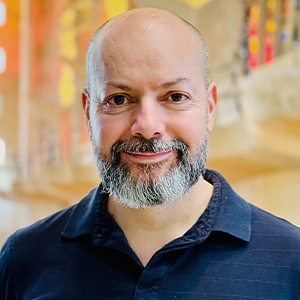
Rod Solar
Founder & Scalable Business Advisor / fCMO
Rod Solar is a co-founder of LiveseySolar and a Scalable Business Advisor for its customers. Rod mentors and coaches eye surgery business CEOs/Founders and their leadership teams to triple their sales, double their profit, and achieve their “ideal exit”.
Related Posts
Meet our Co-Founders
We’re passionate about helping leaders of high-quality, growth-minded practice owners double their practice revenue

Rod Solar
Founder & Scalable Business Advisor
For over 20 years, I’ve helped ophthalmology entrepreneurs scale their private practices. I specialise in doubling revenue within three years by offering a proven framework, hands-on experience, and a team of experts who implement what works. We take the guesswork out of growth and scale, so you can focus on delivering exceptional patient care while maximising the value of your business.
LiveseySolar completely transformed the way we were approaching this… We’ve gone from having just the dream of having a practice to having a practice up and running with people making inquiries and booking for procedures… It’s extremely pleasing. We feel lucky we connected with LiveseySolar.
— Dr Matthew Russell, MBChB, FRANZCO, specialist ophthalmic surgeon and founder of VSON and OKKO
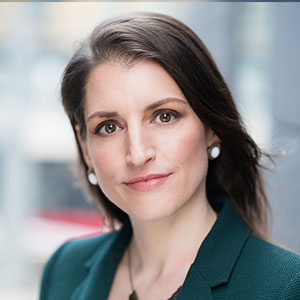
Laura Livesey
Founder & CEO
I’m the co-founder & CEO of LiveseySolar. I’ve developed powerful eye surgery marketing systems that increase patient volumes and profits for doctors, clinics, and hospitals, since 1997.
Rod and Laura know as much about marketing surgery to patients as I know about performing it. They are an expert in the field of laser eye surgery marketing. They know this industry inside out. I believe that they could help many companies in a variety of areas including marketing materials, sales training and marketing support for doctors.
— Prof. Dan Reinstein, MD MA FRSC DABO, founder of the London Vision Clinic, UK


